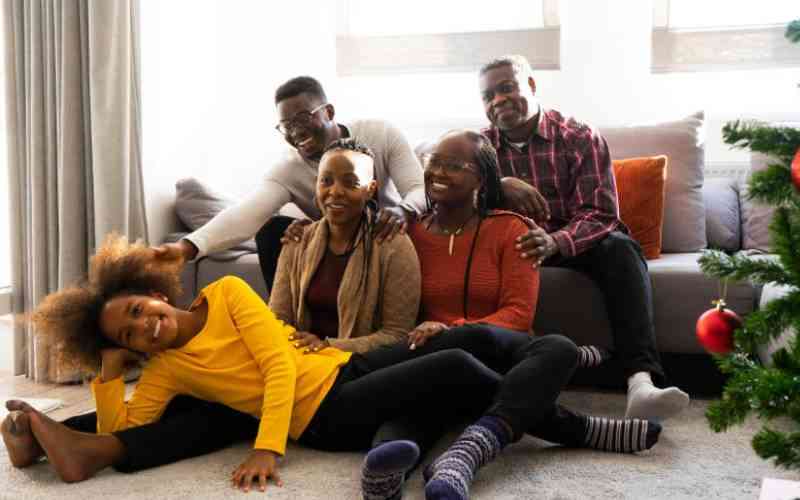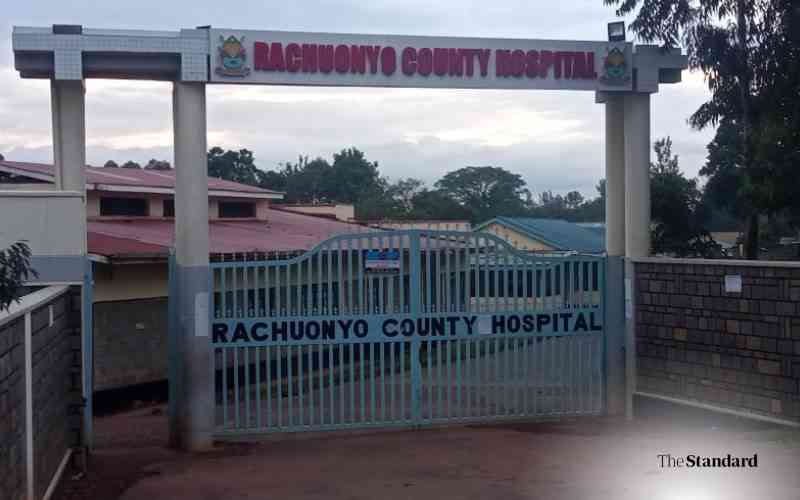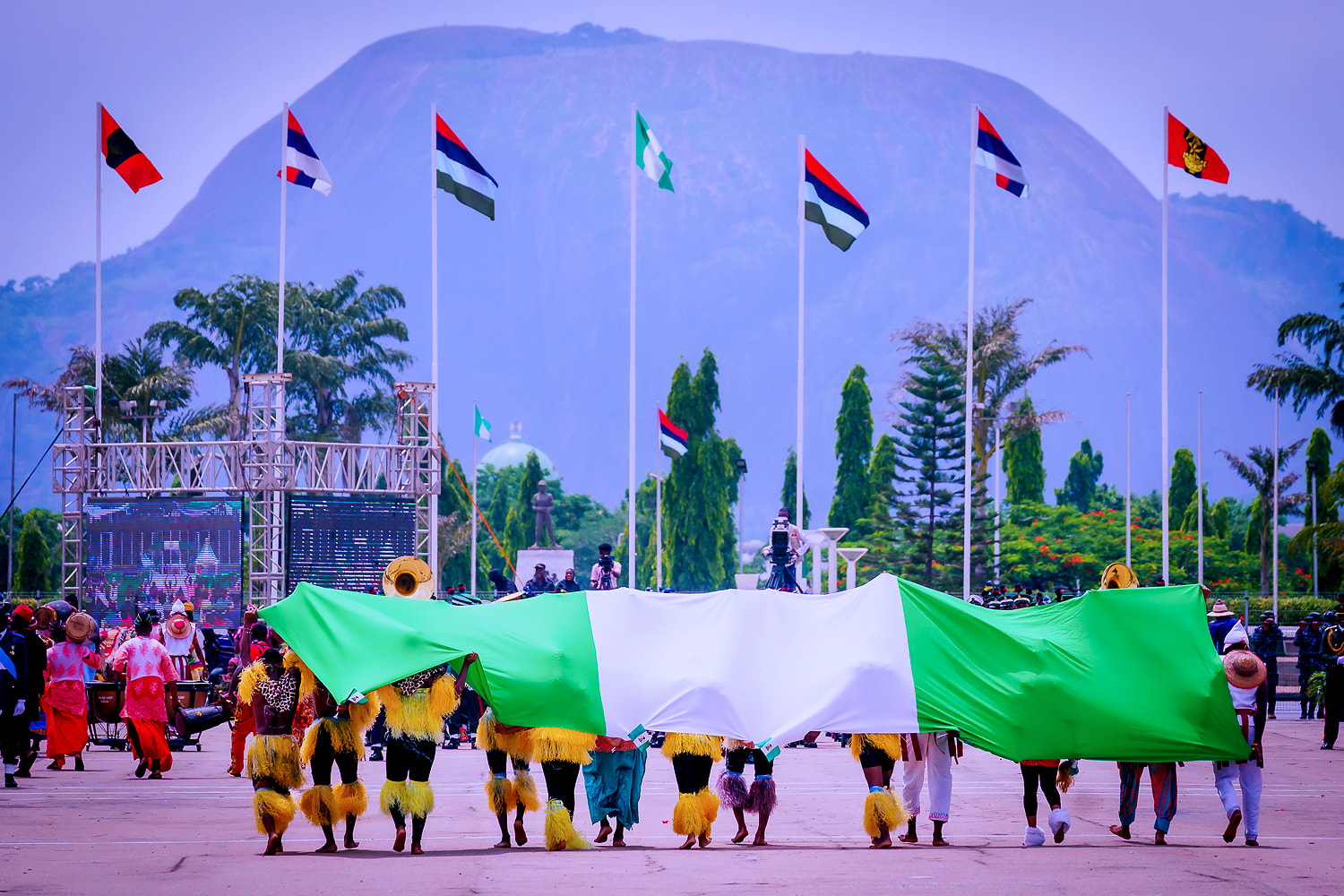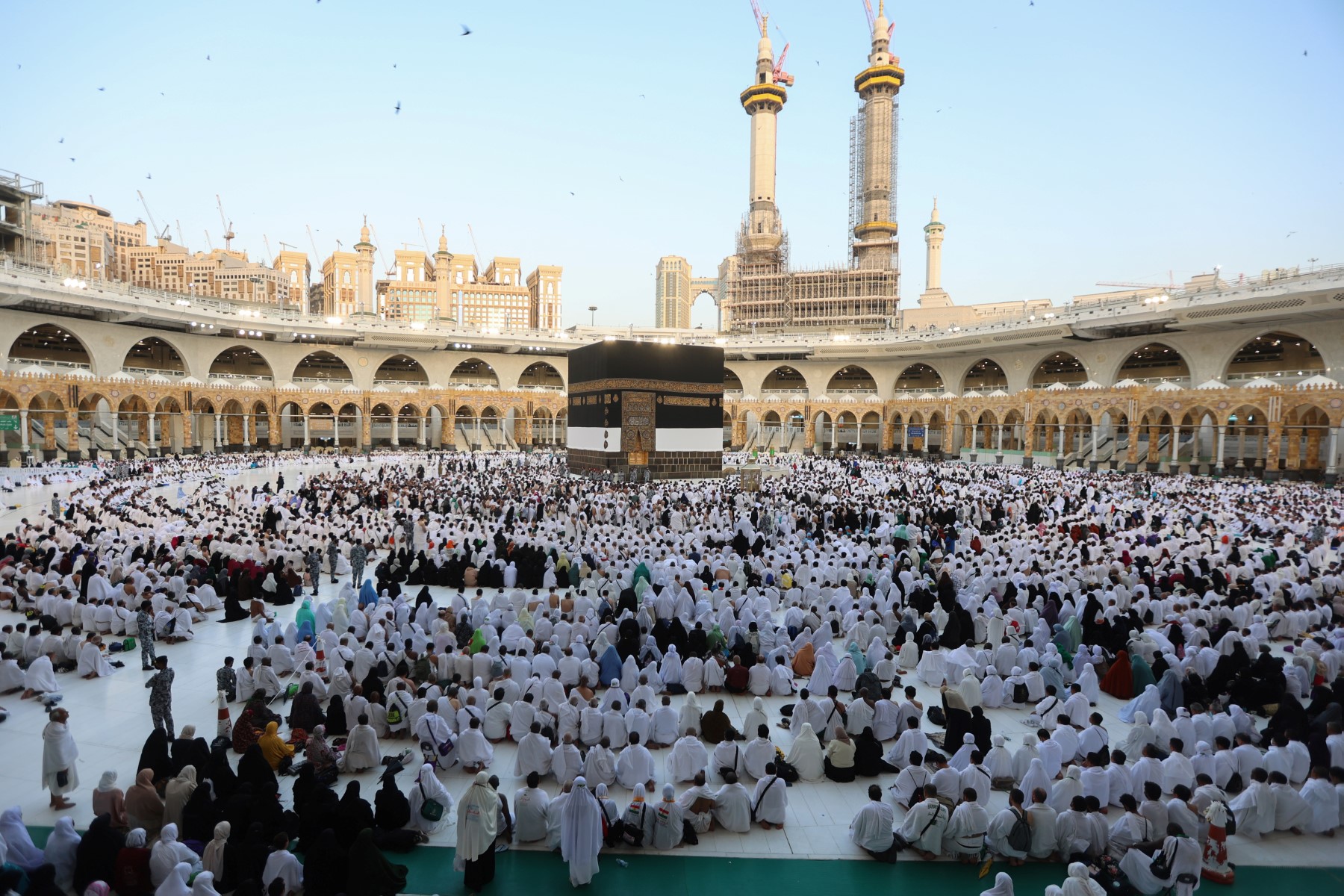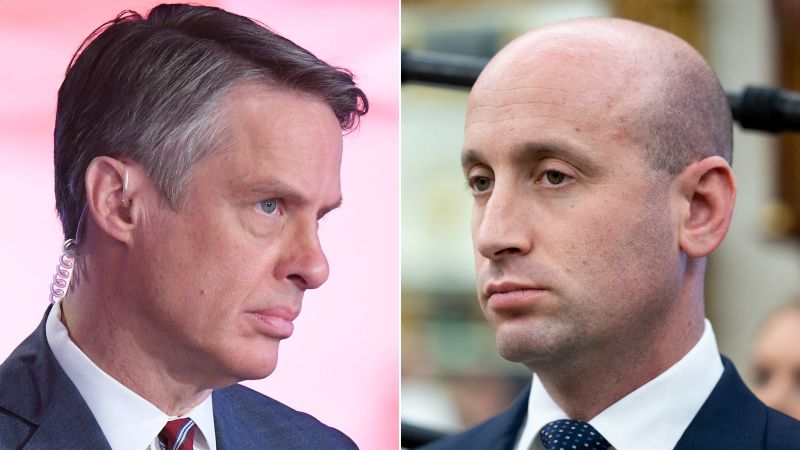Why Is Sierra Leone on the U.S. Travel Ban List in 2025-And What Does the Data Really Say About This West African Nation? - Travel And Tour World
Sunday, June 8, 2025

In June 2025, Sierra Leone found itself once again in international headlines—not for civil unrest or instability, but for being named in the latest wave of U.S. travel restrictions under President Donald Trump. Among the countries affected, Sierra Leone was listed under a , joining six others that now face heightened travel scrutiny from the United States government.
Cited for a high visa overstay rate——the move was rationalized by U.S. officials as a response to national security risks and the country’s alleged failure to repatriate deportees. However, these surface-level statistics fail to reflect the broader realities of modern-day Sierra Leone.
Under the leadership of , Sierra Leone has made . The country has earned recognition for its democratic principles, economic policy innovations, and active role in global peace-building.
So why the disconnect between and punitive travel policy? In this feature, we unpack the behind the visa restrictions, debunk misleading narratives, and explore how Sierra Leone is positioning itself as a and in West Africa.
According to official U.S. sources, Sierra Leone was placed under a partial travel ban because of:
However, these explanations overlook significant context:
In short, while the statistics are factual, they do not fully reflect the in 2025.
Since taking office in 2018, President Bio’s administration has focused heavily on eradicating corruption and improving public sector transparency. Key achievements include:
These improvements directly contradict claims that Sierra Leone is untrustworthy or incapable of policy enforcement.
In 2021, Sierra Leone made history by , joining a growing list of African nations modernizing their legal frameworks. This reform aligned the country with , making it the to formally eliminate capital punishment.
This bold step reflects not just legal reform but a and modern governance.
Freedom of the press has notably improved. As of 2025, Sierra Leone ranks in the , an from the previous year.
This rise is attributed to:
These developments underscore the country’s broader trajectory toward , key pillars of any stable society.
In 2022, Sierra Leone was elected as a of the for the 2024–2025 term, marking a return to this role after more than half a century.
President Bio used this platform to champion:
During its presidency of the Council in August 2024, Sierra Leone pushed for reform, arguing that over pertains to Africa, yet the continent lacks permanent representation.
President Bio also serves as on UN Security Council Reform, advocating for:
His leadership in this area shows a commitment not just to Sierra Leone’s interests but to in international governance.
In September 2024, the government finalized a with the , granting access to . Goals include:
This deal is a vote of confidence in Sierra Leone’s financial management and its commitment to long-term stability.
Since President Bio’s first term, the country has implemented critical fiscal reforms, including:
These measures have improved efficiency, reduced leakages, and boosted domestic resource mobilization.
In December 2024, the to bolster fiscal resilience and economic recovery. This initiative aligns with Sierra Leone’s , focusing on:
The emphasis on further supports the narrative that Sierra Leone is forward-looking and globally responsible.
Critics of the U.S. administration have labeled the policy as a , one that fails to consider in countries like Sierra Leone.
While the U.S. government argues national security interests, the present a very different picture.
Sierra Leone has:
These are not the hallmarks of a failed state or a national security threat—they are .
Sierra Leone’s inclusion in the 2025 U.S. visa restriction list has raised eyebrows and reignited discussions about the intersection of politics, security, and diplomacy. Yet beneath the headlines lies a story of remarkable national transformation.
Under President Bio, the nation has made concrete progress in governance, human rights, economic reform, and international diplomacy. It is actively shaping global conversations and redefining its role in West Africa and beyond.
For global observers, investors, and travelers, Sierra Leone in 2025 is not a country in crisis—it is a nation emerging with strength, credibility, and vision.
